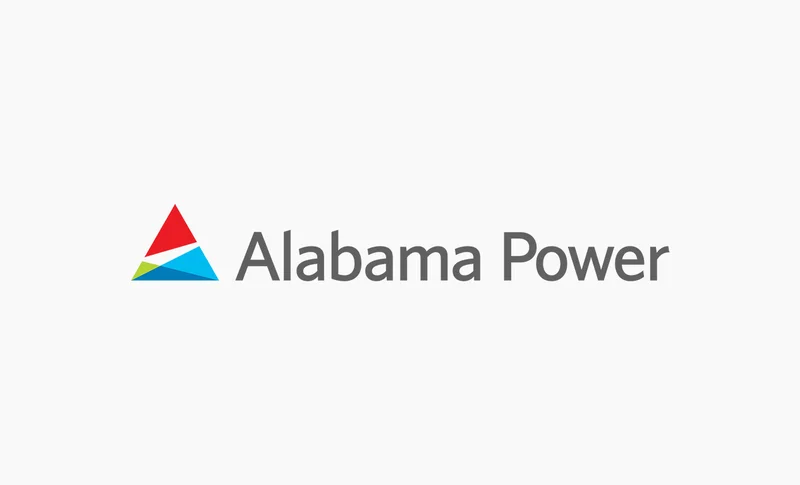So Alabama Power is building bat houses. Thirty of them. Each one can hold 200 bats. That’s… cute. I mean, genuinely. Kids painted them. It’s for “Bat Week.” Who doesn’t love a good bat story around Halloween? It’s got everything: misunderstood creatures, community engagement, a feel-good environmental angle.
And while they were getting the press release ready for the bat houses, they also dropped some helpful tips about “energy vampires.” You know, the chargers and TVs that suck power even when they’re off. They’re encouraging you to run around your house with a wooden stake—or, you know, a power strip—to slay these silent electricity suckers.
It’s all very folksy and helpful. It’s designed to make you think, “Wow, my power company really cares about my wallet and the local bat population.” It’s a smart PR move. No, 'smart' isn't the word—it's cynically brilliant. Because while you’re checking your phone charger and feeling good about saving a few pennies, they’re cashing a check for $1.7 billion.
Let's not get it twisted. This isn't about bats. It's never about the bats. This is a classic corporate shell game. They want you to watch the pretty, distracting thing over here so you don’t pay attention to what their other hand is doing.
While Alabama Power was teaching schoolchildren about the ecological importance of bats, its parent company, Southern Company, was reporting a third-quarter profit of $1.7 billion. That’s with a ‘B’. Up from $1.5 billion the year before. Wall Street loved it. The stock is humming along near its 52-week high.
This whole "energy vampire" narrative is the most insulting part. It’s a masterclass in shifting responsibility. They create this spooky little monster that lives in your walls, a monster that you are responsible for. It’s your fault your bill is high because you didn’t unplug the toaster. It’s a tidy little morality play where the giant, multi-billion-dollar utility is just a helpful neighbor giving you tips, and you’re the slob who can’t manage his own phantom loads. Give me a break.
This is like a casino warning you about the dangers of playing the slot machines for too long right after it posted record profits. The game is rigged, but hey, here's a pamphlet on responsible gaming. Thanks, guys.

How much did those 30 bat houses cost, anyway? A few thousand bucks? Maybe? For a company that just cleared $1.7 billion in 90 days, that ain’t an environmental program; it's a rounding error. It's the cost of doing business. It's the cheapest goodwill you can possibly buy.
Here’s the part of the story they bury at the end of Alabama Power’s Halloween: Debunking Energy Myths, Saving Bats, and Powering Growth, the part they hope you don’t read after you get all warm and fuzzy about the bats. Southern Company is planning for more than 50 gigawatts of new demand by the mid-2030s. Fifty. Gigawatts.
Where is that demand coming from? Not from you leaving your TV plugged in. It’s coming from massive data centers and manufacturers. In the last quarter alone, they signed deals for over 2 GW of new demand just for data centers in Alabama and Georgia. These are the server farms that power our increasingly online lives, the cloud, and the AI gold rush. They are fantastically, obscenely power-hungry.
And how are they planning to meet that demand? With more bat houses? Offcourse not. They’re building five new natural gas combined cycle units and just spent $622 million to buy a 900 MW gas-fired power plant. They're going all-in on fossil fuels to power the future, and they're using your money to do it.
So when they tell you to unplug your devices to save a few bucks, what they’re not telling you is that they’re simultaneously building a massive new energy infrastructure that we, the little people, will be paying for for decades. The cost of that $622 million gas plant and the $30 billion in planned capital projects will eventually land somewhere. And it won't be in the data centers' server racks. It'll be a few extra bucks, then a few more, baked right into your monthly bill.
They want us to focus on the micro, on our personal energy sins, so we don't look at the macro—at a system where regulated monopolies can guarantee profits for their shareholders by building massive new projects to serve a handful of colossal corporate clients. Then again, maybe I'm the crazy one here. Maybe the bats really are the most important part of this story.
Let’s be real. We’re the energy vampires. Our wallets are what they’re sinking their teeth into. They hand us a garlic clove in the form of a "helpful tip" and tell us to go hunt the phantom menace in our living rooms, while the real monster is in the boardroom, counting its billions and planning how to build a bigger castle. The bats are just window dressing.